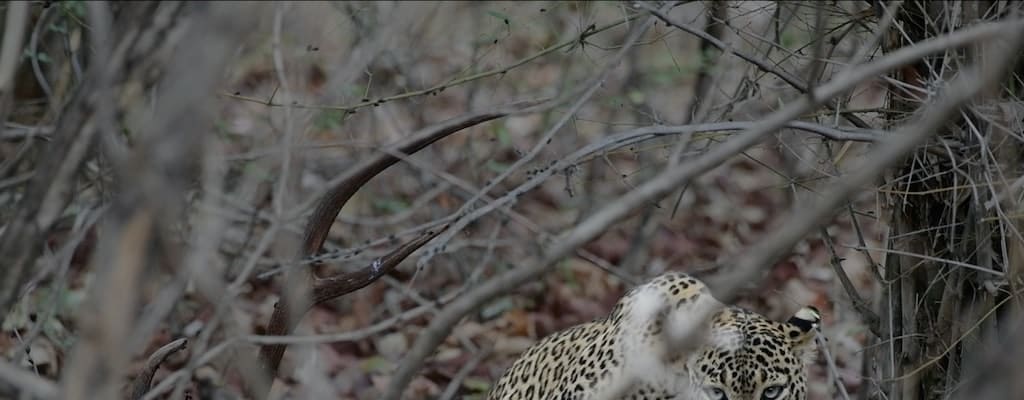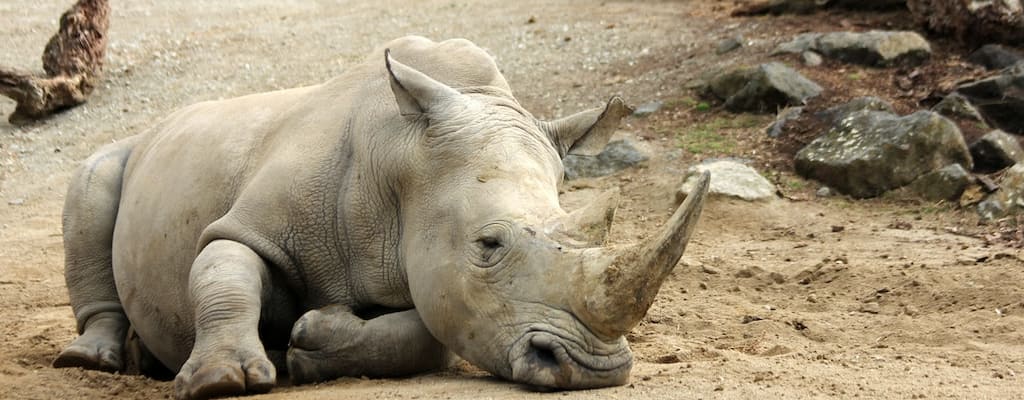die out: Idiom Meaning and Origin
What does ‘die out’ mean?
The idiom "die out" means to cease to exist or become extinct. It is often used to describe the decline or disappearance of a species, a language, or a cultural tradition.

Idiom Explorer
The idiom "pass away" means to die, typically used in a more gentle or euphemistic way. It implies the transition from life to death, suggesting a peaceful or dignified departure.
The idiom "go the way of the dodo bird" means to become extinct or disappear completely, like the dodo bird did several centuries ago. It implies that something or someone is on the path towards total disappearance or obsolescence.
The idiom "go the way of the dinosaurs" means to become extinct or obsolete, similar to how dinosaurs disappeared from the Earth millions of years ago.
The idiom "go the way of" means to follow the same path or fate as something or someone, usually implying that the outcome will not be favorable or will result in obsolescence or extinction.
The idiom "go out" means to leave one's home or current location for social or recreational purposes.
The idiom "go by the wayside" means to be forgotten or abandoned, usually due to a lack of attention or interest.
The idiom "give out" means to become exhausted, to no longer function properly, or to distribute something. It can also imply revealing or disclosing something to others.
Unveiling Extinction
The idiom "die out" is a commonly used phrase in the English language. It refers to the gradual disappearance or extinction of something or someone. This idiom can apply to various aspects of life, such as traditions, languages, species, or even ideas and beliefs.
When something is "dying out," it means that it is gradually disappearing or becoming less common. This decline can occur over a long period of time, leading to eventual extinction or irrelevance. The idiom "die out" is often associated with the concept of natural selection and the idea that certain species gradually become extinct due to changes in the environment or the inability to adapt. In this figurative sense, "die out" takes on a different meaning from the literal sense of the word "die."
In a cultural context, the idiom "die out" is frequently used to describe the disappearance of traditions or practices. With the rise of modern technology and globalization, many traditional crafts and skills are at risk of dying out. This can be seen in the decline of certain art forms, traditional ceremonies, or even culinary practices. As new ways of life and practices emerge, older traditions may fade away.
The idiom "die out" is also applicable to the gradual decline of languages. With the dominance of a few major languages and the spread of globalization, lesser-spoken languages face the threat of extinction. As generations pass and communities shift to more commonly spoken languages, these lesser-spoken languages may eventually die out, leading to a loss of cultural diversity.
Another context in which the idiom "die out" is frequently used is the fading relevance or popularity of ideas and beliefs. As society evolves and new perspectives emerge, certain ideologies or convictions may gradually lose their influence or fade away entirely. This can be observed in political movements, social trends, or cultural shifts. Ideas that were once significant may become obsolete or overshadowed by new ones.
The idiom "die out" can also describe the gradual decline or disappearance of species. With the loss of biodiversity and the degradation of natural habitats, many species face the risk of dying out. This is often a result of human activities, such as deforestation, pollution, or climate change. Endangered animals are particularly at risk of dying out, and this idiom is frequently used to express the urgent need for conservation efforts.
The idiom "die down" is related to "die out" in the sense that it also describes a gradual decrease or diminishing of something. However, "die down" specifically refers to the calming or subsiding of a situation or event. It can be used to describe the fading intensity of a storm, the reduction of noise or commotion, or the calming of emotions. While "die out" implies a gradual disappearance or extinction, "die down" suggests a temporary decrease that may eventually come to an end.
The idiom "go the way of the dinosaurs" is another related expression to "die out." It is often used to describe the fate of something that has become obsolete or irrelevant. The phrase refers to the extinction of dinosaurs, which once dominated the Earth but eventually disappeared. When we say that something is "going the way of the dinosaurs," we mean that it is facing a similar fate of becoming obsolete or extinct. This can apply to various aspects of life, such as outdated technologies, obsolete practices, or fading trends.
The idiom "die out" is a powerful expression that conveys the idea of gradual disappearance or extinction. Whether referring to traditions, languages, ideas, or species, this idiom serves as a reminder of the impermanence and potential loss that exist in the world around us. Additionally, the related idioms "die down" and "go the way of the dinosaurs" provide further nuances and contexts to convey the gradual decrease or ultimate irrelevance of something.
Example usage
Examples of how the idiom die out can be used in a sentence:
- The endangered species is at risk of dying out if its habitat continues to be destroyed.
- In many regions, traditional customs and practices have gradually died out over time.
- If we don't take action to preserve our cultural heritage, it may eventually die out.
More "Endangered" idioms



